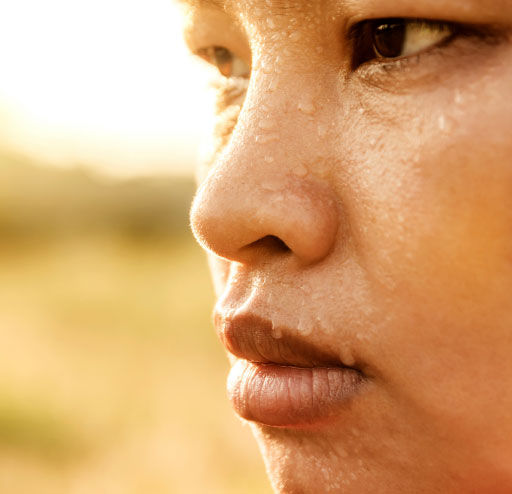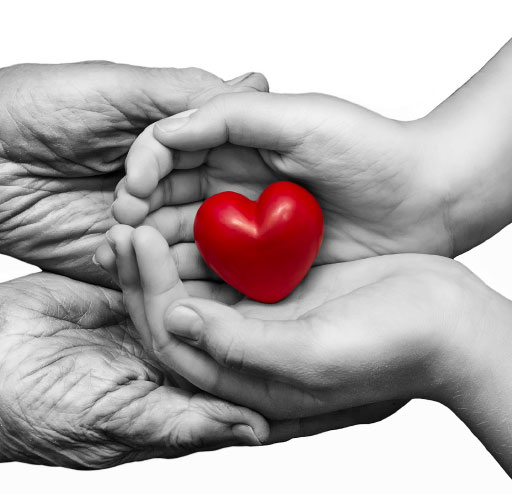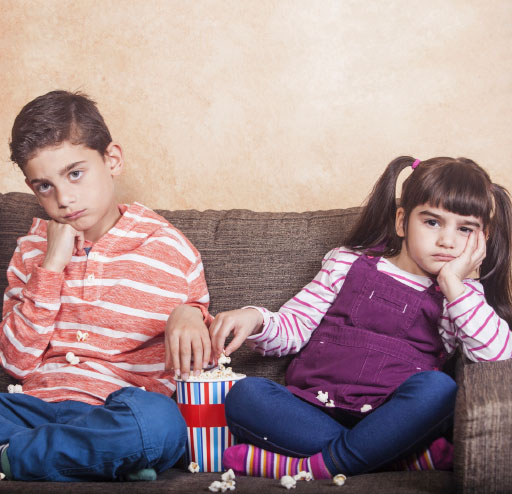Download a printable version of this article (PDF 319KB)

There are some emotions that we just don’t like to talk about. They’re usually the negative ones, the emotions that can be painful in a variety of ways. Sometimes, we’re tempted to push these emotions aside and to ignore them or even to go to great lengths to ensure we don’t feel them.
There is some consolation in recognising that every emotion we feel is necessary and can teach us something. Our emotions have evolved over thousands of years in order to serve us. Each of them helps us to either socialise or survive. If we neglect experiencing particular emotions and what they can teach us, we can prevent our children from learning valuable lessons that will serve them in life.
Let’s explore a couple of examples. Firstly, take fear as an emotion and consider, somewhat counter intuitively, how it serves us. Fear has a job and that is to keep us safe. Fear triggers adrenalin production in our bodies and the well-known “fight or flight” response needed to deal with urgent and immediate threats. Can you imagine driving to work today if nobody felt any fear? We need fear.
“Success is relative. It is what we make of the mess we have made of things.”
– TS Eliot
Now consider the emotion of anger. Anger is designed to let you know that something you value dearly is being threatened or compromised. Anger’s job is to have you abandon all care for your own personal safety and act, even aggressively … and now! Anger should be reserved for the moment that you discover an intruder in your home in the middle of the night who is about to enter your child’s bedroom. That intruder is in serious trouble when an angry parent or carer is sneaking up behind them!
Finally, let’s take a look at the emotion of shame and wonder what on earth the job of such a truly terrible feeling would be. Shame is best viewed as our central social regulator and enacts our conscience in the same way that fear enacts “fight or flight”. If we would like our children to have a conscience we need them to experience the sting of doing the wrong thing, but to experience the sting in the right way.
Feeling shame is exacerbated negatively by harsh punishments and verbal abuse. When this happens children who bully tend to defend their actions or meekly see off the punishment. These responses build negative labels for children – such as the liar, the fighter and even the bully. It is called stigmatising shame and its downfall is that it fails to teach children responsibility or to clean up their own messes themselves.
A preferable experience is known as reintegrative shame. Reintegrative shame is about children being exposed to and understanding the full impact of their behaviour within an environment that supports them to make amends.
When a child who exhibits bullying behaviour cleans up the relational and emotional mess themselves, they not only learn responsibility, but they can be thanked or congratulated for a positive behaviour. That little ceremony of reacceptance into the class, family or friendship group represents the reintegration we’re looking for.
It is hard to respond positively to the benefits of shame, but trusting parents and carers to know the difference between the negative, stigmatising version of shame and the positive, learning oriented version of reintegrative shame might be the turning point on a new generation of responsible young people. Our young people are worth the effort.





